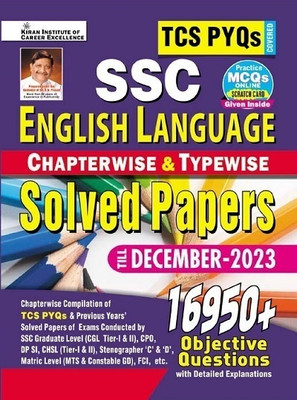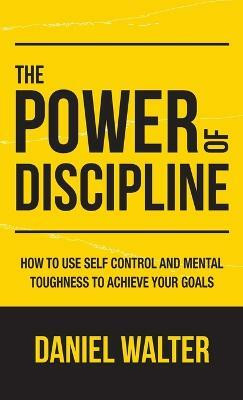

Freedom Sale starts in06 hrs : 10 mins : 40 secs
Speaking (English, Paperback, Mair William)
Price: Not Available
Currently Unavailable
Highlights
- Language: English
- Binding: Paperback
- Publisher: Rarebooksclub.com
- ISBN: 9781154853216, 1154853217
- Edition: 2010
- Pages: 106
Description
This historic book may have numerous typos and missing text. Purchasers can download a free scanned copy of the original book (without typos) from the publisher. Not indexed. Not illustrated. 1908 Excerpt: ...would ordinarily fall to be used, instead of going straight to its end, it makes in the course of its progress a movement in the opposite direction and back. It would be illustrated in the utterance of 'your' in the exclamation 'Your honour ' addressed to one as a sneer at the peculiar quality of the honour which characterised his dealings. Faults: (a) A tendency, especially among young speakers, to read too fast for proper inflexion, one result of which is ineffectiveness. An opposite fault may be noted, though perhaps rare in these days--reading slowly along with defective inflexion, one result of which is oppressive monotony. (6) Undue use of the rising inflexion as a continuative. The blame is largely owing to the way in which this use of it has been written of--as if the inflection were always in action unless the performer is to stop--as if the sentence would fall to pieces without it. Now, while it is true that no sentence should fall to pieces, most sentences should be put in pieces; and this is prevented by the undue use of the rising (continuative) inflexion, which destroys point and pith, and produces lightness, and a feeling of jumbled particulars. This is often aggravated by making this inflexion too great as well as too frequent. Such faults are seen at their worst when they occur in reading Scripture. We have in more cases than one heard this exercise unintentionally made to look as a light and jaunty performance. When words are used which positively convey intimation of something to follow, nature will call for this inflexion. But when nothing more is wanted than to notify the audience that the end has not come, nature can dispense with it; and generally there is more need to give attention to the advantage which is to be gained in effective...
Read More
Specifications
Book Details
| Imprint |
|
| Publication Year |
|
Dimensions
| Width |
|
| Height |
|
| Length |
|
| Weight |
|
Be the first to ask about this product
Safe and Secure Payments.Easy returns.100% Authentic products.
Back to top






